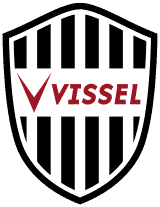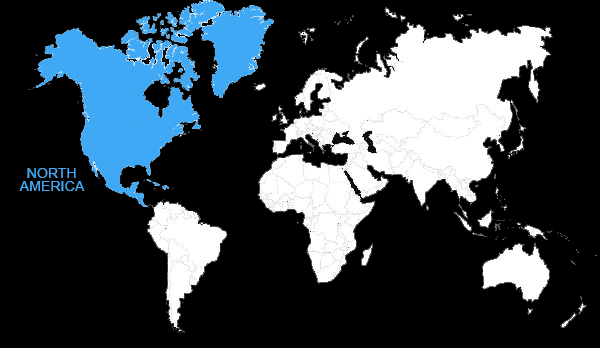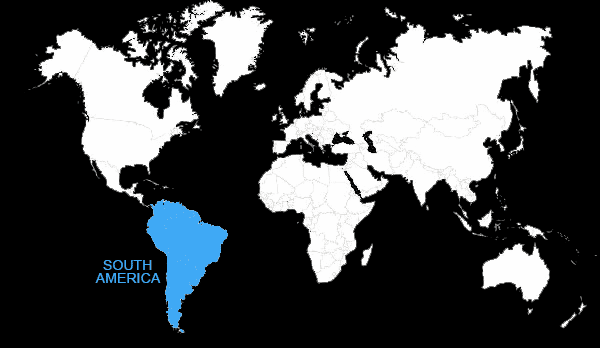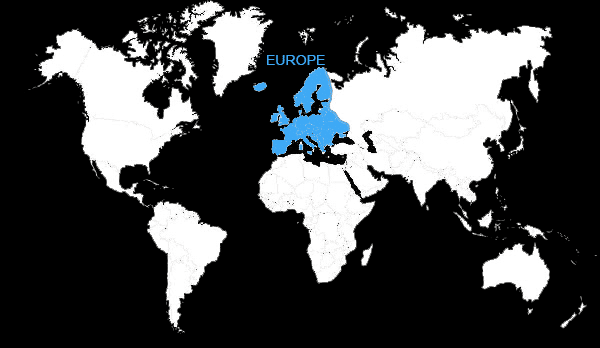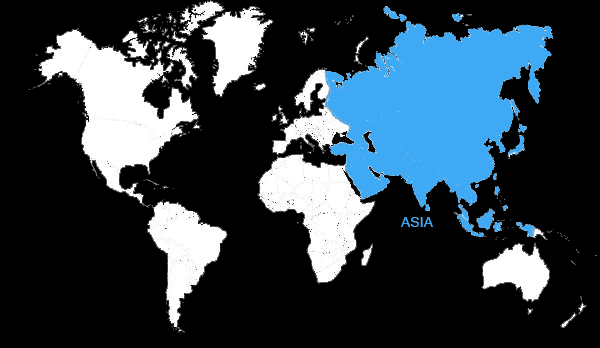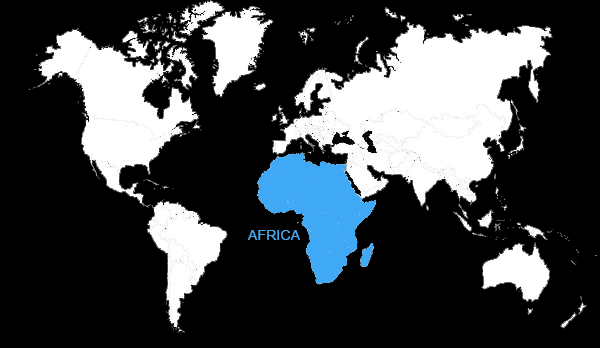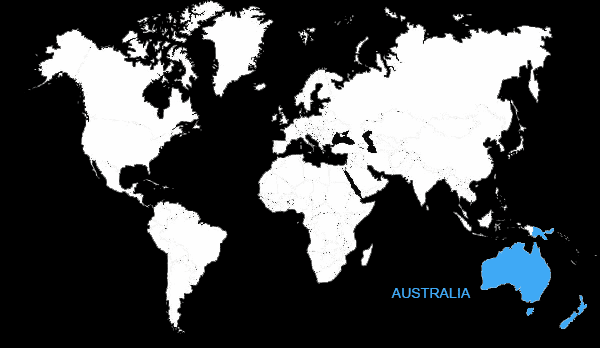Vissel Kobe Tryouts
Vissel Kobe (ヴィッセル神戸, Visseru Kōbe) is a Japanese professional football club based in Kobe, Hyōgo Prefecture. The club plays in the J1 League, which is the top tier of football in the country.
Vissel Kobe Youth Development System
Academy Mission
Embody club identity through football with all the children involved in the academy.
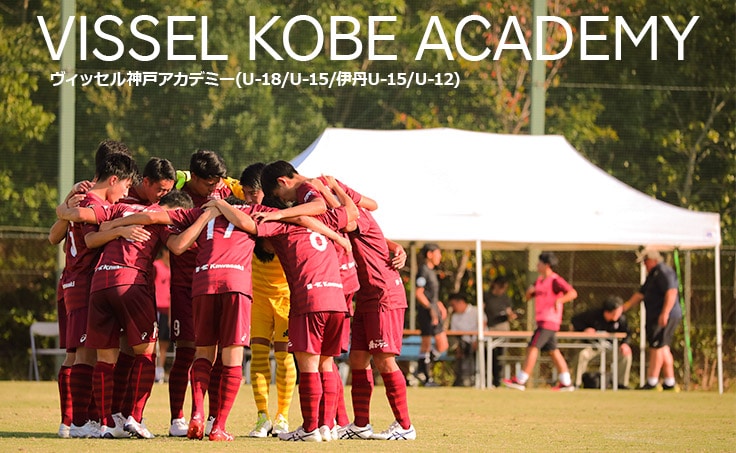
Academy Vision
Aiming to be a financially sustainable organization by fostering athletes with abundant humanity who will lead Japan and be accepted in the world.
Academy Strategy
The academy established by the club by comprehensively instructing and training players using the VISSEL KOBE technical methodology classified into 10 elements based on the 4-corner model defined as an attribute necessary for training professional soccer players. MISSION and VISION will be realized
- 4 Corner model
A training model for professional soccer players from a long-term perspective, as defined by the England Football Association. It is a general term that comprehensively approaches, teaches and trains athletes with four attributes ((1) technology: red, (2) physical: yellow, (3) mental: green, (4) social: blue).

Academy Structure
Categorize by age group based on the growth and development of the child, and practice a consistent growing structure in a pyramid format.

Academy Mikitani House
“Mikitani House” was completed in March 2009 as a base for training young people. Located near the practice field “Ibuki no Mori Stadium”, we provide an environment where you can concentrate on soccer, such as dietary support that considers nutritional balance.
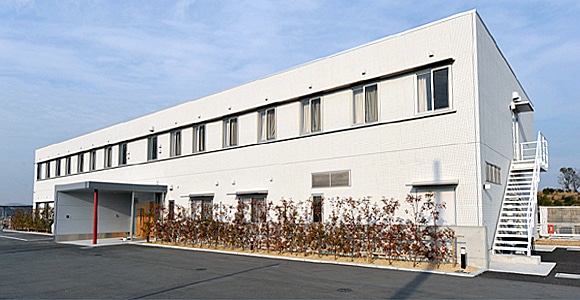
- A facility suitable for a club team rooted in the community and loved by the citizens
- Management that will remain in the hearts of athletes and become a “lifelong alma mater”
- A cozy and peaceful home to challenge new departures
- “A place for human resources development” where athletes who will lead the next era can grow as human beings through communal living
Academy Recruitment
At the time of this writing, there is no official academy / trial information for Vissel Kobe. Please come back at a later date while we monitor this club or visit their academy news section by clicking here for more information.
EXPLORE MORE CLUBS!
Explore more professional clubs by continent.
History
In 1966, in Kurashiki, Okayama Prefecture, the Kawasaki Steel Soccer Club was established as a club that played soccer at a semi-professional level. It was initially elevated to the Division 2 of the Japan Soccer League in 1986, and it remained in that position until the JSL ceased operations in 1992.
In 1995, the municipality of Kobe came to an agreement with Kawasaki Steel, the club’s parent corporation, to relocate the team to Kobe, where it would be known as Vissel Kobe and try out for a position in the professional J.League. In honor of Kobe’s long and distinguished history as a port city, the name “Vissel” is a portmanteau derived from the terms “victory” and “vessel.” (Because of its significance to the city of Kobe, Kawasaki Heavy Industries, the parent business of Kawasaki Steel, which was a sponsor of the team in the past, continues to be a sponsor of Vissel Kobe.
After some time, Kawasaki Steel was acquired by JFE Holdings after being put up for sale. The grocery store business Daiei was supposed to be the principal investor in Vissel Kobe when the club first started playing in 1995 in the Japan Football League, which was a league lower than the J.League. However, as a result of the economic slump that followed the Great Hanshin earthquake, Daiei was compelled to withdraw their participation, and the city of Kobe was given the responsibility of running the club.
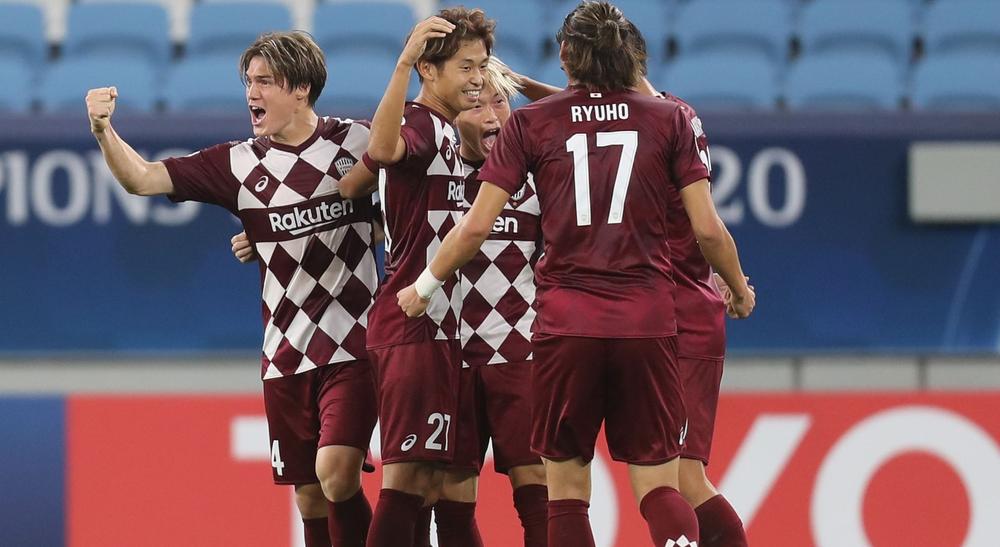
In spite of the fact that they finished second in the JFL that year, Vissel was promoted to the J.League (the champions, Honda FC, refused to give up their corporate ownership and become a professional club), and they started playing in the highest level of Japanese football in 1997.
Vissel, on the other hand, has never been a serious contender for the league championship due to poor management decisions, including an inability to attract investors and sponsors. The club was compelled to seek protection under the bankruptcy code in December of 2003 as a result of its escalating financial deficits. Crimson Group, the parent company of online retailer Rakuten, purchased Vissel in January of 2004.
Hiroshi Mikitani, who hails from Kobe, currently serves as Rakuten’s president. The first player to be signed by Mikitani’s regime for Vissel was a Turkish forward named Alhan Mansz. The move was made in part to capitalize on Mansz’s popularity during the 2002 FIFA World Cup, which was co-hosted by Japan and Korea. However, the signing was a dismal failure, and Mansz left the team after only three matches because of a knee injury.
Mikitani further upset supporters by altering the club uniform colors from black and white stripes to crimson, which is both the color of his alma institution, Harvard Business School, and the name of his Crimson Group, which he founded. These colors are also worn by the Tohoku Rakuten Golden Eagles, a baseball team that is also owned by Rakuten but is headquartered in Sendai. After finishing in 11th place in the league in 2004, which was the same position as the previous year, then finishing in 18th place and last place in 2005, Vissel was automatically relegated from J.League Division 1, often known as J1, to J2.
During that time period of two years, Vissel utilized the services of five distinct head coaches. After playing in Japan’s top flight of soccer for the previous nine years, Vissel played in J2 for the first time in 2006. They won the promotion/relegation play-offs against Avispa Fukuoka and were therefore elevated to J1 as a result of their third-place performance in the 2006 season.
Every year from 2007 to 2011, Vissel finished in the bottom half of the table. This pattern continued until 2011. They were once again demoted to J2 after finishing in 16th place in 2012, which was third from last. The fact that Vissel came in second place in 2013, only four points behind Gamba Osaka, was enough to guarantee the club’s promotion to J1 for the 2014 season.
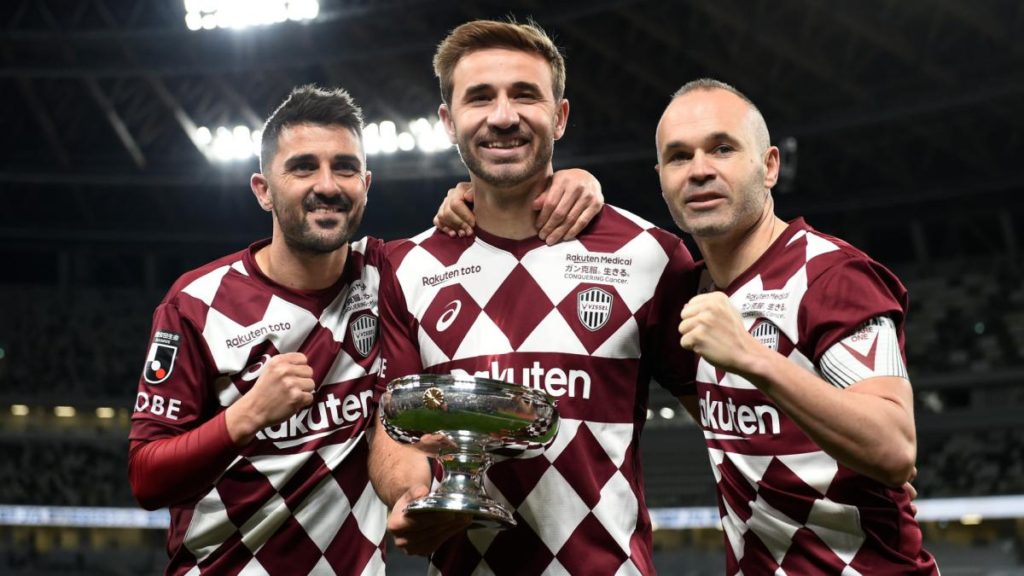
Rakuten Inc. acquired the squad from Crimson Group on December 6th, 2014, after making the purchase. Andrés Iniesta, who won the FIFA World Cup in 2010, was transferred to Vissel from FC Barcelona in May of 2018.
David Villa, a Spanish striker, was able to be signed by Vissel Kobe from New York City FC in December of 2018. Villa scored 13 goals in 28 games for New York City FC. Villa was the third Spaniard to be a part of the team that won the Emperor’s Cup in that season. The other two Spaniards on the team were Sergi Samper and Andrés Iniesta.

